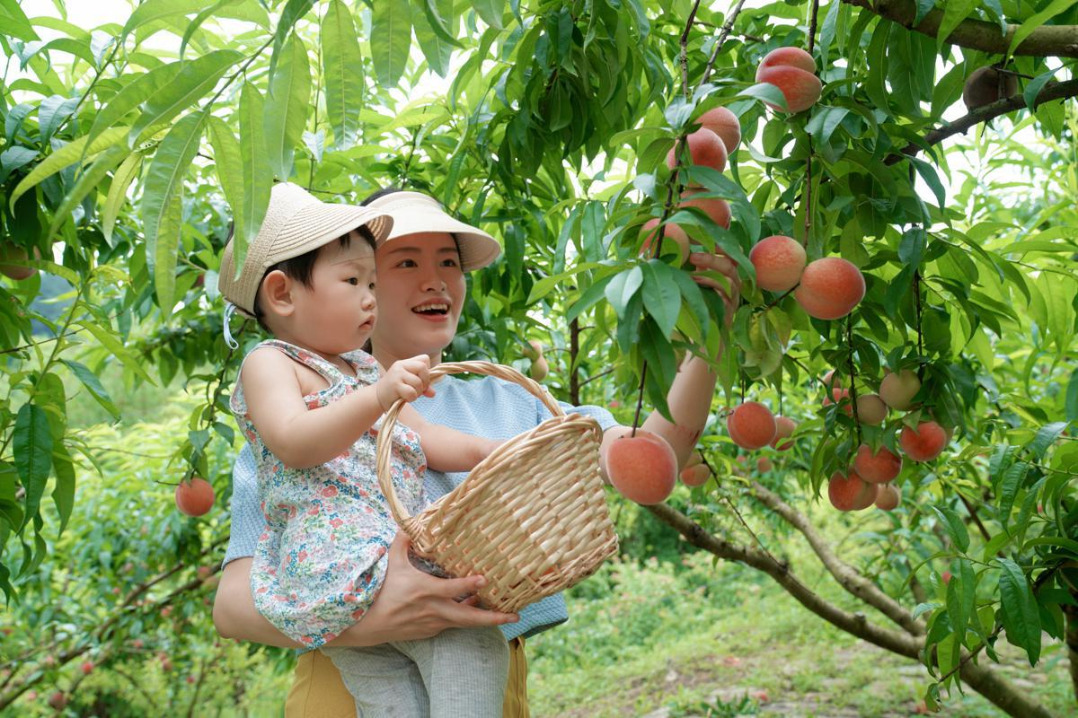Flu season to drop off as schools break for winter

The flu vaccines used in China, which are recommended by the World Health Organization, can prevent three strains-H1N1, H3N2 and B/Victoria-the dominant strains in the previous years. However, they have limited effect against B/Yamagata, according to China CDC.
"The dominant strains for each year may be different, and it is expected B/Yamagata will not be the dominant strain for flu outbreaks in the next one or two years," Feng said.
China CDC is encouraging the development of vaccines that can prevent all four strains, and it is expected that at least one company on the mainland will be able to produce such vaccines by the fall, he said.
Jiao said research had not found a mutation of the flu virus, which means common medications available on the market are effective.
The commission has asked hospitals to take measures to increase the number of pediatricians on duty to cope with the increasing number of children with flu, she said.
"We have noticed reports that patients in some places cannot get common antiviral drugs for flu from the hospitals, and we will ask hospitals across China that have a shortage of medicines to make emergency purchases of such drugs to ensure adequate supplies," Jiao said.
Spring and winter are the peak seasons for flu in China, but few develop into serious cases, she added.
Feng, from China CDC, said it is difficult to prevent flu because it transmits through the air and by physical contact, but vaccines are the best prevention.
"We recommend groups at higher risk, such as children, the elderly and pregnant women, receive vaccines between August and November to prevent flu in the winter," he said.
- Nursery rooms help fathers take part in parenting duties with more ease
- Typhoon Kajiki brings heavy rain in Hainan
- Spokeswoman: Separatism doomed to fail
- Asia's longest tyrannosaur femur fossil identified in East China
- Railway group expresses condolences and vows probe after accident kills 12
- Media center for victory anniversary events to open on Aug 27





































